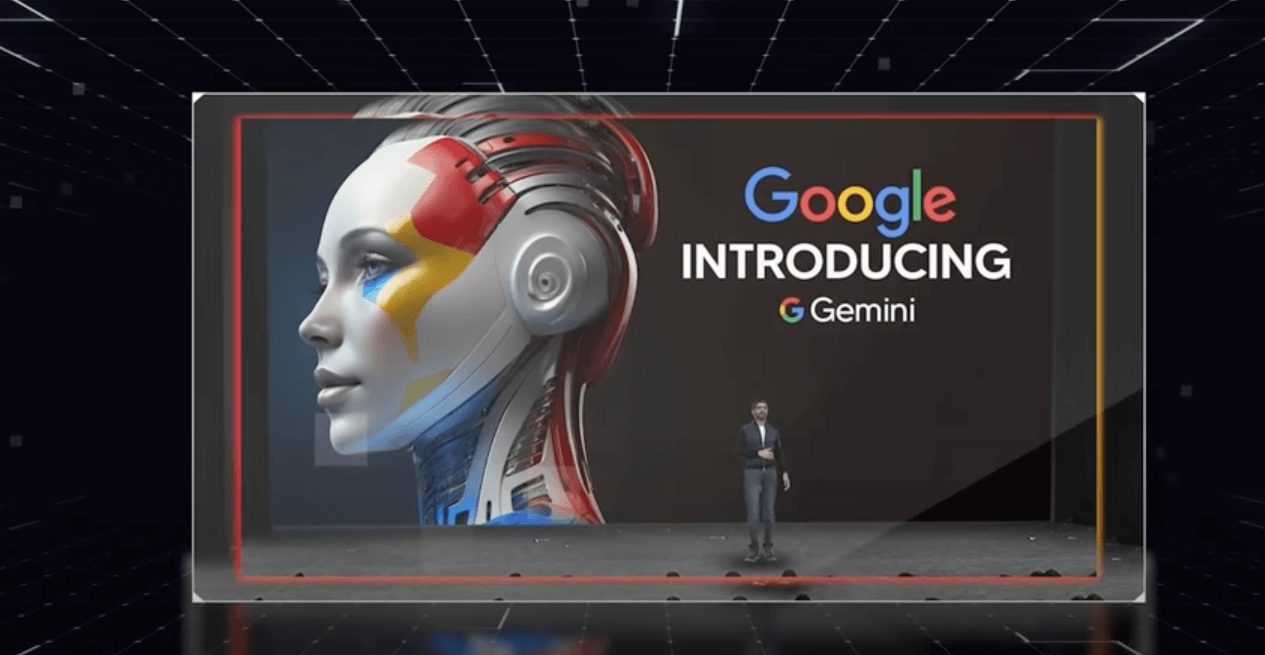Google has unveiled its latest artificial intelligence (AI) model, Gemini, boasting advanced reasoning capabilities designed to deliberate more thoughtfully when tackling complex queries.AI content generators are recognized for occasionally fabricating information, termed as “hallucinations” by developers.
Gemini underwent rigorous testing across 57 subject domains, showcasing its problem-solving prowess in disciplines spanning mathematics to humanities.
Sundar Pichai, Google’s CEO, hailed this as a significant leap into a “new era” for AI.
While Google took a cautious stance with its earlier AI chatbot, Bard, characterizing it as an “experiment,” the new Gemini AI model has been endorsed with greater confidence, touted as Google’s most proficient AI model yet. The company asserts it can surpass human experts in various intelligence assessments.
Gemini possesses the capacity to both recognize and generate text, images, and audio. However, it is not a standalone product but rather a foundational model slated for integration within Google’s existing tools, including search and Bard.
Chirag Dekate, an analyst from Gartner, noted that Gemini may have set a new benchmark by its ability to learn from diverse sources, including visuals, suggesting the potential for transformative innovations in generative AI.
Google contends that its most potent iteration of Gemini surpasses OpenAI’s GPT-4, the driving force behind ChatGPT, on 30 out of 32 widely-used academic benchmarks. Nevertheless, OpenAI is poised to launch a more robust version of its software next year, claiming substantial advancements over current offerings.The recent upheaval at OpenAI, marked by CEO Sam Altman’s dismissal and subsequent rehiring in a short span, may or may not impact its impending launch of upgraded products.
Additionally, Google faces burgeoning competition from Elon Musk’s xAI, aiming to raise substantial funds for research and development, while Chinese tech giant Baidu is also forging ahead with its own AI ventures.
As AI technology evolves rapidly, concerns escalate regarding its potential negative implications. Governments worldwide are grappling with formulating regulations or legislation to mitigate potential risks associated with AI advancements.
In November, discussions during a UK summit resulted in a declaration advocating for the safe development of AI. There’s a growing acknowledgment of the need to address potential dangers promptly and collectively, emphasizing urgency, unity, and collaborative strength.





